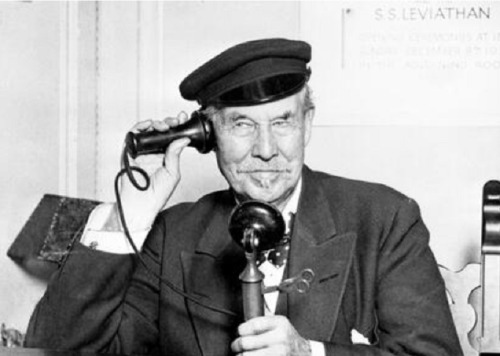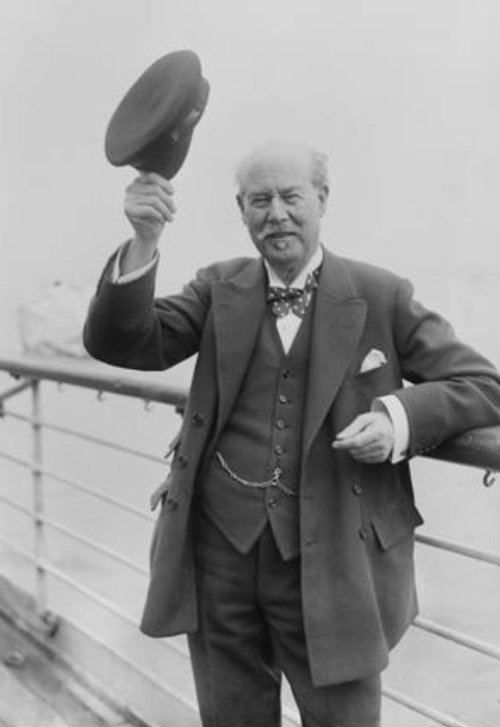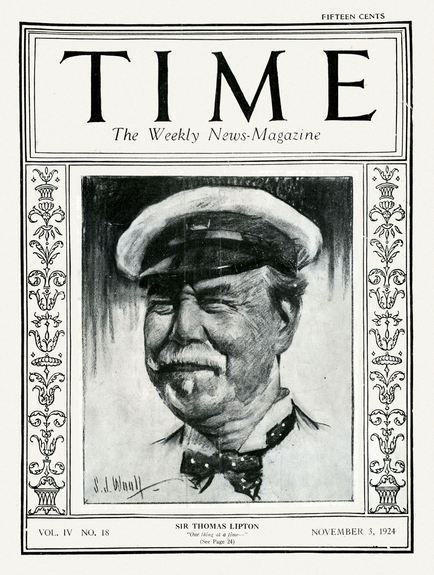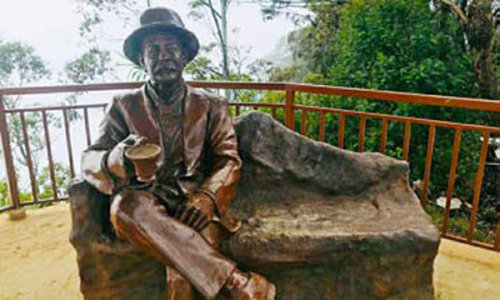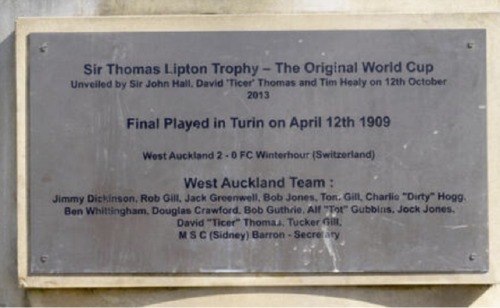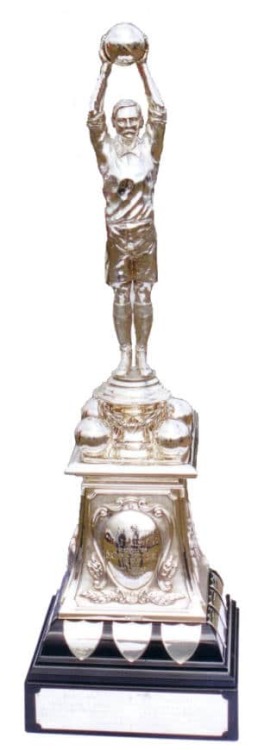#philantropist




philanthropist ! Jaehyun
On May 10th 1850 Thomas Lipton, founder of the Lipton’s grocery chain was born in Glasgow.
While his father worked in a succession of poorly paid jobs, Tommy Lipton’s siblings all died in infancy, leaving him as the family’s only son.
Tommy had to leave school aged 13, because his parents needed an extra income to make ends meet. He also attended night school at the Gorbals Youth School. In 1864, Thomas signed up as a cabin boy on a steamer running between Glasgow and Belfast and seems to have been taken with crew-members’ stories about the United States, in 1865, Thomas used his savings to pay for a passage to New York, he spent the next five years there, travelling across the country. During this time he held many different jobs, including work at a tobacco plantation in Virginia; as an accountant at a rice plantation in South Carolina; as a door-to-door salesman in New Orleans; as a farmhand in New Jersey; and as a grocery assistant in New York.
Thomas returned to Glasgow in 1870. After spending some time helping his parents at their shop he established one of his own, Lipton’s Market, at 101 Stobcross Street in the Anderston area of the city. This proved highly successful and Lipton went on to establish a chain of shops, first in Glasgow and then across Scotland, before expanding to cover the whole of the UK over the next ten years. Meanwhile, the demand for tea was increasing among the middle classes and in 1888, by which time Lipton had 300 stores, he set out to bypass the traditional lines of supply for tea by investing directly in tea plantations. The Lipton Tea brand he established offered good quality for low prices and proved hugely popular, expanding the market for tea to all parts of society and establishing it as the national drink of choice.
Lipton was a big fan of promotional stunts. When his first 20,000 tea chests arrived in Glasgow he put on a party, complete with a brass band and bagpipe parade. In 1893 Sir Thomas Lipton officially established the Thomas J Lipton Company, a tea packaging company based in Hoboken, New Jersey . He felt that tea should be a drink for everyone, not just the wealthy , so he strived to make packaging and shipping less expensive.
Instead of arriving in crates, Sir Thomas packaged his loose tea in multiple weight options. The tea was also standardised, so Lipton customers knew exactly what to expect.
Lipton developed a passion for yachting, between 1899 and 1930 Lipton challenged the American holders of the America’s Cup through the Royal Ulster Yacht Club five times with yachts he named Shamrock through Shamrock V. He never won the cup, but he was awarded a special trophy as “the best of all losers”. This may sound double-edged, but one effect of his efforts to win the cup was to make his name well known across the United States, and his tea very popular there.
Although Lipton, through his yachting, became a friend of royalty, as a self-made man he still had difficulty breaking into some corners of the highly stratified British society of the day. He was, for example, only accepted as a member of the Royal Yacht Squadron shortly before his death.
As well as boats, Lipton will also be remembered for his love of football, and The Thomas Lipton Trophy, This was an association football competition that took place twice, in Turin, Italy, in 1909 and 1911. It is regarded by some as The First World Cup, or certainly a precursor to it, I’m sorry to have to tell you the winners in 2009 were from England, West Auckland Town Football Club from County Durham also defended and won the trophy in 1911, the last pic is the trophy.
During the first world war Lipton Respondied to a national call to action putting his yachts at the disposal of the Red Cross, the Scottish Women’s Hospitals Committee and the Serbian Relief Fund, for transporting medical volunteers, doctors, nurses and urgently needed medical supplies.
Lipton died at his home in north London in 1931. He left most of his wealth to his native city of Glasgow. His yachting trophies are now on display at the Kelvingrove Art Gallery and Museum. Sir Thomas Lipton was buried alongside his parents and siblings in Glasgow’s Southern Necropolis.
Liptons continues today as part of the multinational Unilever brands, they teas and other beverages still bear his name and are a world known brand, not bad for a young lad born in a Glasgow Tenement to Irish immigrants.
Lipton never forgot where he came from and was famed for his philanthropy, today he is still remembered with The Sir Thomas Lipton Foundation a registered charity who “ care deeply about propelling 10 to 12 year old children – at school in areas of acute social and economic disadvantage - into their critical teenage years with an unforgettable experience of sailing, enterprise and achievement.”
Unmarried and without heirs, his fortune was distributed among friends, servants and to establish dedicated foundations, but the majority of his estate was left in trust to Glasgow, his beloved city of birth. By 1946, all funds had been distributed; the Lipton trust had bestowed £821,000 to various good causes.
Post link

